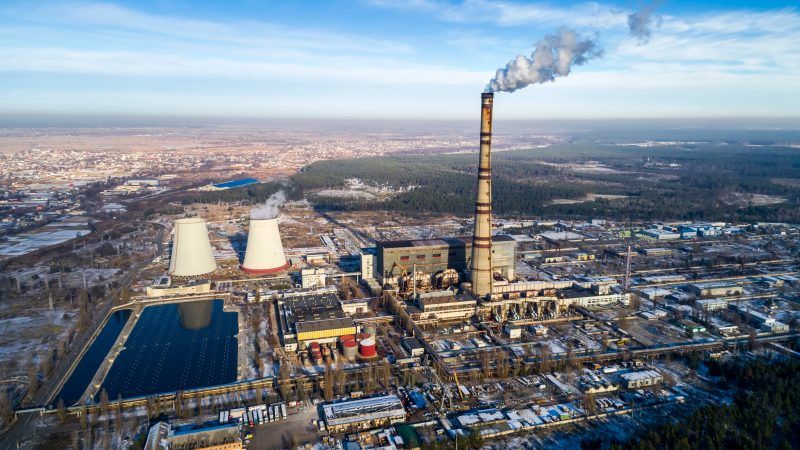
How much people know about the proper disposal of waste once that has been generated? The methods used to collect, transport, and dispose of the wastes generated are known as waste management strategies. Choosing a waste management strategy is up to you.
Municipal Trash Collection
Waste collection, a step in the waste management process, is a means of transporting waste from one area to another, unlike dumpster rentals. You don’t have to worry about your garbage being left behind because municipal trash collection takes care of that for you. Recyclable materials would be handled properly & delivered to their proper destination.
Dumpster Rentals
An appropriate waste management strategy must be used in situations where the large amount of waste is generated. A dumpster, which is capable of collecting and disposing a wide range of waste, is often the best option for dealing with such a large amount of trash.
There is no limit to what can be dumped in dumpsters; they can handle everything from construction and household waste to contaminated dirt and recyclables like cardboard, scrap metal and wood. A dumpster’s convenience and simplicity of use make it a fantastic trash management solution for business and residential properties.
Waste compactors
A compactor is the best option for those who have to deal with a large amount of garbage or recyclables. They come in a wide range of sizes & sturdiness levels, storage, or disposal of waste & recyclable materials in the most appropriate manner. Compactors are useful for companies because they enable garbage to be disposed of appropriately and reduce the need for many waste containers.
Waste Prevention
Preventing waste is the primary goal of waste management systems. It is possible to decrease or prevent pollution by using a range of technologies throughout the product life cycle.
Innovative chemical neutralisation and water-saving technologies are also included in the list of environment friendly manufacturing methods that employ fewer dangerous or destructive ingredients, as well as current leak detection methods for materials and storage.
Recycling Services
There should be a green component to everything we do, particularly when it comes to waste disposal and recycling. Businesses generate a lot of rubbish on a daily and weekly basis, which may be avoided by renting a business dumpster.
Sustainable materials can therefore be reused in the future. As a means of decreasing waste, this is the most effective method. Cardboard, glass, paper, plastic, aluminium, and batteries are just a few of the many things that can be recycled.
Reusing And Recycling
Recyclable materials such as paper, glass, plastics, wood, and metals can be recovered from the waste stream and used in the production of new products By recycling. Recycled materials reduce the amount of raw materials needed for similar applications.
Using recycled materials instead of virgin ones saves natural resources, cuts down on the amount of energy & greenhouse gas emissions generated during the extraction process and during the subsequent production of finished goods, all of which help to combat climate change. Recycling also reduces the amount of waste that needs to be incinerated or dumped. The creation of new job opportunities and increased economic growth are two additional advantages of recycling.
Paper, plastics, glass, aluminium, steel, and wood are among the most common recycled materials. Reinforcing steel and cement are just a few of the materials that can be recycled during construction. Recovered and reused “green” plant-based wastes are frequently used as mulch or fertiliser.
Refine and “re-generate” solvents for reuse are also common practices in many industries. Some examples include nickel & copper recovery from metal finishing process; solvent extraction of oils and fats from filter media like activated carbon & ion exchange, or crystallisation.. Biodiesel is also being made from a wide variety of food-based oils, including canola, corn and sunflower.
Waste Incineration
Degradation by-products can be used as a source of energy, as well as a useful solid end product (like compost). There are numerous ways to use biogas generated from anaerobic digestion of wastes to generate electricity. Alternatives to landfills include the direct incineration of waste to generate electricity. In order to generate electricity, waste is burned at extremely high temperatures.
Ash, the by-product of incineration, must be properly characterised before it can be disposed or reused. Due to limited landfill space, it is extensively used in developed countries. More than six hundred plants in thirty five countries burn an estimated 130 million tonnes of waste each year. Incineration is also commonly used to mitigate hazardous wastes like chlorinated hydrocarbons, lubricating oils, solvants, pesticides, medical wastes.